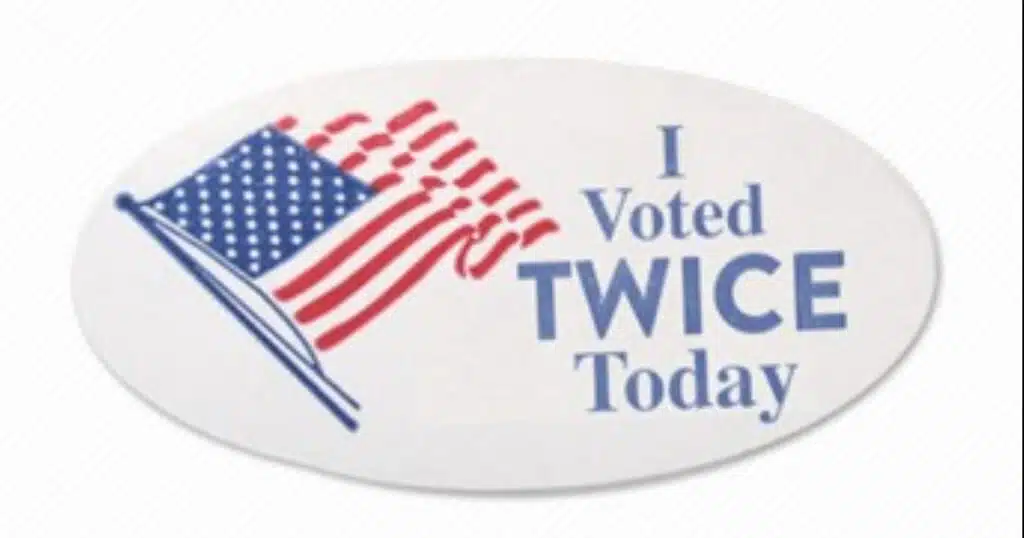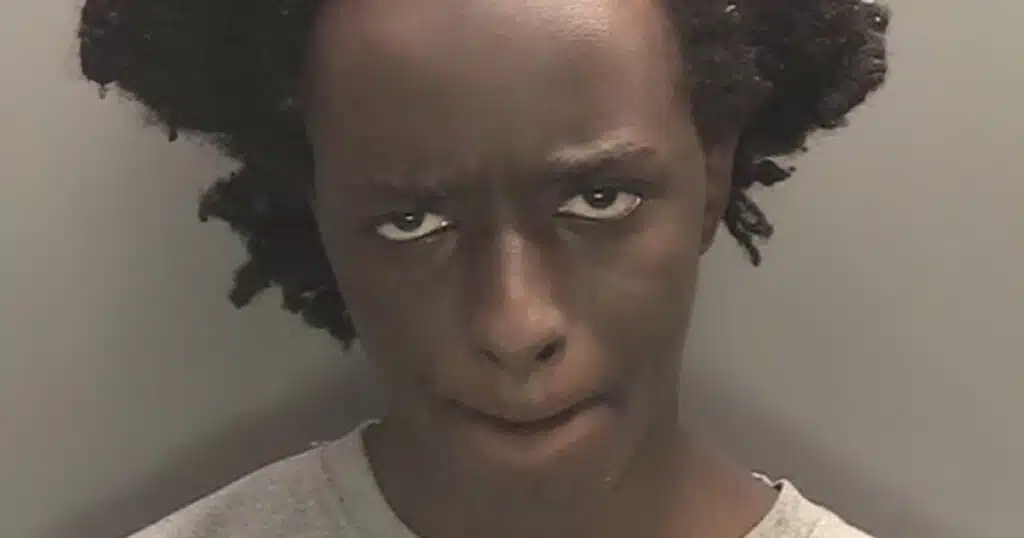
The Election Mess in Arizona Keeps Getting Worse
The drumbeat for accountability surrounding the tainted 2022 election in Arizona’s Maricopa County grows louder as Republican voters express their outrage at what they see as a deliberate attempt to marginalize their vote.
It’s no secret that the Maricopa County Board of Supervisors (MCBOS) remains under a dark cloud as more details of voter suppression emerge. In an earlier piece on election incompetence, I discussed the printer and tabulator equipment failures that led to long lines, rejected ballots and voter confusion. While the mainstream media tries to revive the “election denier” label from 2020, the problems in the most recent election are very specific and beyond dispute.
Whether the election debacle is due to purposeful mischief or incompetence is almost irrelevant at this point. The end result is that Katie Hobbs, Mark Kelly and other down ballot candidates will take office under a cloud of suspicion that their victories were illegitimate. If national media outlets touting the purity of election results wonder why their pronouncements are met with disdain and dismissal, they only need to look at Maricopa County.
Video Evidence of Unacceptably Long Lines
Elections are supposed to be conducted in a way that’s convenient for voters, right? I mean, after all, isn’t that the entire premise behind mail-in ballots and drop boxes? Remember, we’re told we must sacrifice election security because the hassle of voting in person with an ID in hand is too burdensome. However, apparently forcing people who show up on election day to wait for hours before ultimately having their ballot rejected is no big deal.
Shrug it off, big guy. You’re a Republican, so what did you expect?
Take a look at this video and ask yourself who is more inconvenienced, a person who would need to include a copy of their driver’s license in a mail-in ballot envelope or these people?
New Information of Voter Suppression Comes to Light
After initial claims by the MCBOS that only 20% of the tabulators malfunctioned on election day, it now appears that 62% of the machines weren’t working properly. Coincidentally, the highest percentage of failures took place in heavily Republican districts. Perhaps the most disturbing aspect of the printer/tabulator breakdown was the claim by poll workers that the equipment in question was successfully tested the previous day but only began to experience problems within the first 30 minutes of live voting.
These allegations, in addition to many others, are outlined in a letter from the Arizona Attorney General’s Election Integrity Unit sent on November 19th to the Maricopa County Attorney’s Office. Among the AG’s requests, they asked for: (1) the voting locations that had problems with either BOD printers or tabulation; (2) the specific problems at each voting location; (3) any other issues related to BOD printers and/or tabulators that may have contributed to the problems at voting locations; (4) a comprehensive log of all changes to the BOD printer configuration settings (to include the identity of individuals making changes); (5) Maricopa County’s standards for the BOD printer configuration settings as specified in internal technical specifications and/or manufacturer technical specifications; (6) the precise time the non-uniform printer configuration settings were found to be the root cause of the problem; and (7) the method used to update or reconfigure the printer configuration settings at each voting location (specifically, if technicians were sent to the voting location, when were they deployed in the field and when did they make the changes at each voting location; alternatively, if the network administrator was able to make universal changes, please detail when and how the printer configuration settings were corrected).
Confusion in the Polling Centers
The Attorney General’s letter referenced sworn complaints their office received from poll workers who claim they were not properly trained on how to execute “check out” procedures, which allow a voter with an unreadable ballot to vote at another location. Instead, people with unreadable ballots were sent to other voting centers only to find out the system hadn’t “spoiled” their original ballot, so they weren’t able to cast a second. This led to voters submitting inadmissible provisional ballots that were rejected because they did not conform to existing statutes.
The other work around, “Door #3” as it was known, allowed a voter to place their ballot into a lock box with a promise to process it at a central tabulation location. Many voters felt uncomfortable with this option, especially since a sworn complaint from an election worker contends that Door #3 ballots were co-mingled with previously tabulated ballots in a black duffle bag.
Lessons for Future Elections
Maricopa County is in the public spotlight because of the tight race between Lake and Hobbs, as well as its past history with questionable elections. As I pointed out in a previous article, the legislature had a chance to fix the process after 2020 but chose to ignore the problem by letting 11 election integrity bills die in committee or fail in the Senate. Going forward, it is essential that the gap between election-related technology and the people responsible for operating it is eliminated. This is not only an Arizona problem, but it’s also a national problem. It appears that whenever complex voting systems malfunction in any way, poll workers have neither the training nor expertise to solve the problem. In fairness to those working in the voting centers, they are generally overworked and under-compensated. Many are volunteers with no background in information technology.
When our IT guy comes to our business to fix a malfunctioning server, the process seems so foreign to me, it might as well be voodoo or black magic. Do we really want our elections in the hands of IT companies that can effect undetectable changes to systems that even a forensic audit might not uncover?
For all the talk of technology upgrades to enhance security and reduce reporting delays, elections in Maricopa County are less secure and take longer than ever before. It’s time to realize there are some venues where technology simply does not enhance the overall result, and elections may be one of them. Let us return to a system that includes paper ballots, hand counts and voting in person. Only then can we be assured that every election is fair, honest and secure.
An honest fair and secure election… What a concept.



